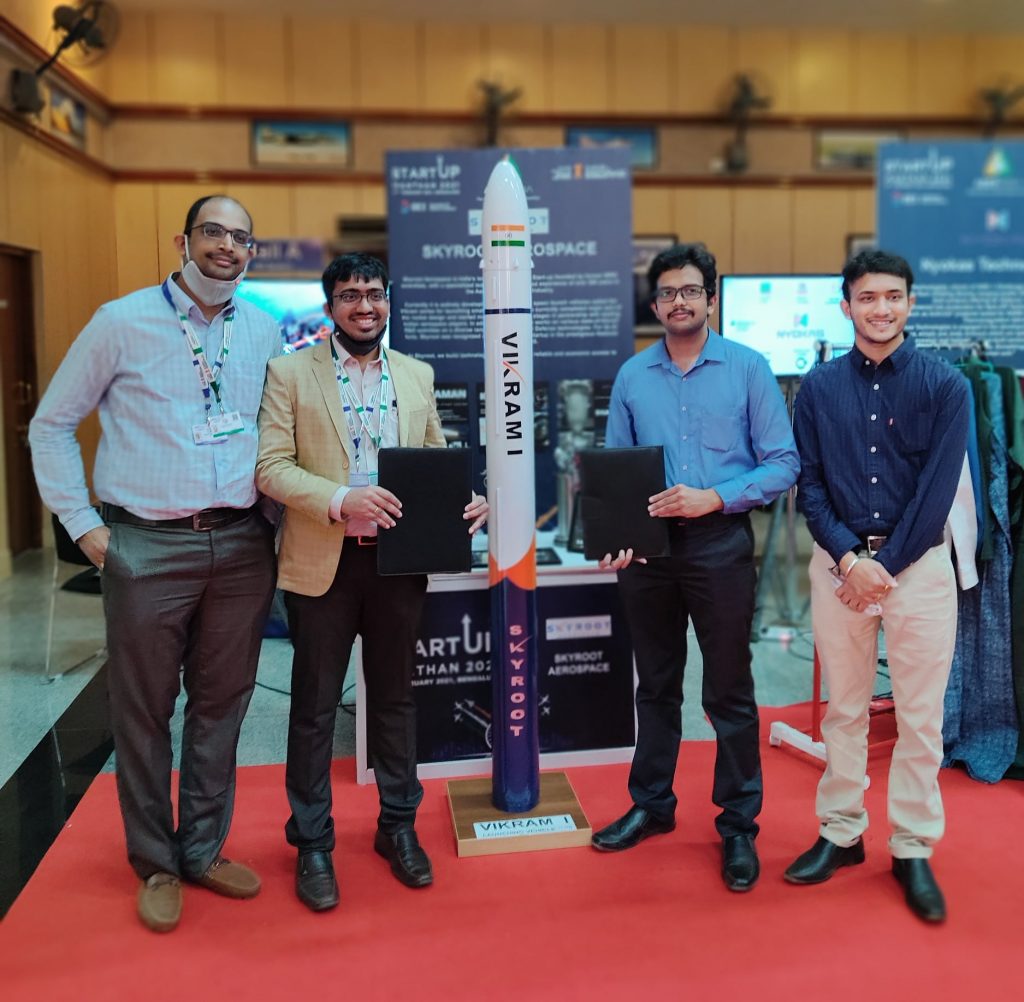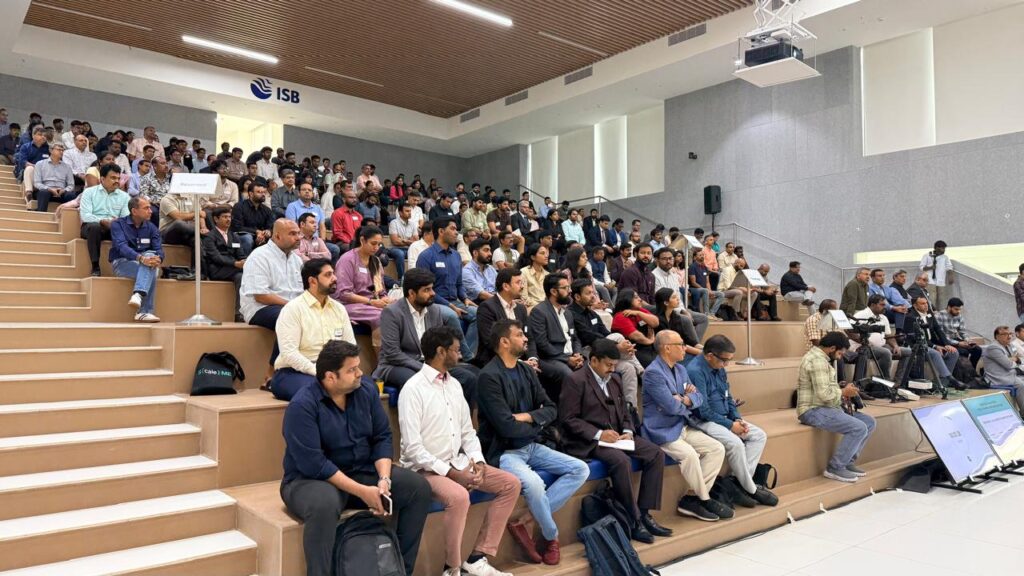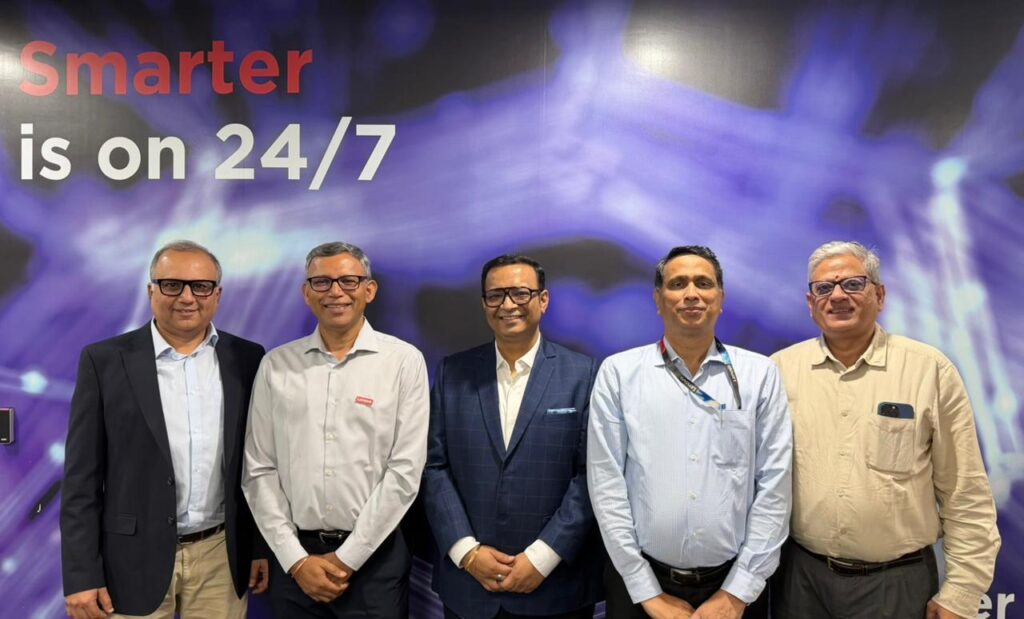Space exploration has been a collective dream for humanity, and for the last two decades considerable strides have been made in this regard. With putting a man on the moon, to bringing back moon rocks and asteroid samples back to Earth, we have come a long way. The advent of technology and international cooperation have driven us to these far-reaching heights. With State-owned space agencies across the globe such as NASA, Roscosmos, ISRO, JAXA, ESA to name a few, the increasing involvement of private entities has proven to be beneficial. Currently, the global space economy is estimated at US$ 360 billion, with India accounting a mere 2% (US$ 7 billion).
However, in 2020, the Union Cabinet approved the draft legislation enabling the private sector to enhance their participation in the space sector and undertake activities ranging from building/development of rockets, satellites, owning satellites, to providing services to help in launches. Presently, India primarily supplies space components and subsystems due to the lack of resources and technological advancements, but the involvement of the private sector brings a newer perspective, and the Indian Space Sector is projected to grow at 48% CAGR over a period of 5 years. By opening up the space market to private players, the private businesses can undertake R&D while collaborating with ISRO and other government agencies on various science and interplanetary missions, paving the way for further space exploration.

The Indian Space ecosystem has seen an influx of players in the past few years. Skyroot Aerospace, a Hyderabad-based space-tech startup was founded in 2018 by former ISRO scientists Pawan Kumar Chandana and Naga Bharath Daka. This revolutionary startup aims at democratizing space through its leading technology and has been developing privately built space launch vehicles to create a reliable and economic option to access space. Their core offering, the Vikram series, names after Dr. Vikram Sarabhai, the father of Indian Space Program, is a 3-series of launch vehicles built using unique architecture, which caters to a wide range of payloads and is highly flexible. Crafted specifically to cater to the small satellite market, these vehicles offer an affordable and reliable solution to space research.
Emerging as the National Startup Award 2020 winner, Skyroot Aerospace has designed their vehicle in the most sustainable manner by including an LNG/LOX cryogenic liquid engine which uses sustainable rocket fuel, 3D printing technology to reduce their cost by 40%, and developing the upper stage of the rocket to move out of the orbit upon completion of the mission, thereby leaving no space debris (which has become a significant problem in space). With a team of 70+ premier rocket engineers actively working on the development of these vehicles for the past two years, Skyroot intends their first orbital launch around mid-2022, and upon its success, commercialize Vikram-1, and roll out the next two upgraded variants with a higher payload.

On May 20, 2021, this Hyderabad-based startup through its Series A round raised $ 11 million led by Greenko Group founders Anil Chalamalasetty and Mahesh Kolli. As per the press release issued by the company, the round also saw participation from Solar Group, a public listed company that deals in Space and Defence supplies, Former Whatsapp CBO Neeraj Arora, existing investors Mukesh Bansal (founder of Myntra and CureFit) who has invested $ 1.5 million through his incubator Meraki Labs, Worldquant Ventures, Graph Ventures, Sutton Capital, Vedanshu Investments, as well as a few other angel investors. Having signed up with ISRO, the startup has already begun taking bookings for launches mid-next year with active interaction from global customers, primarily USA and Europe based satellite companies. The founders noted in the press statement that these funds will be utilized towards the completion of development and testing of all subsystems onboard Vikram-1. The startup has also announced that they intend to raise another $ 40 million over the next few years to fund their aggressive growth plans. In a joint statement, the founders of Greenko Group remarked, “The next-generation technology Skyroot is building today will unlock potential for sustainability interventions, space-based research, data analytics, and telecommunications. We are confident our partnership will help them accelerate towards being a leading Space launch player globally,”
Truly living up to their name, Skyroot Aerospace intends to develop low-cost and reliable space launch vehicles that possess the ability to be mass-produced, which will allow us to realize our space democratization dream.









